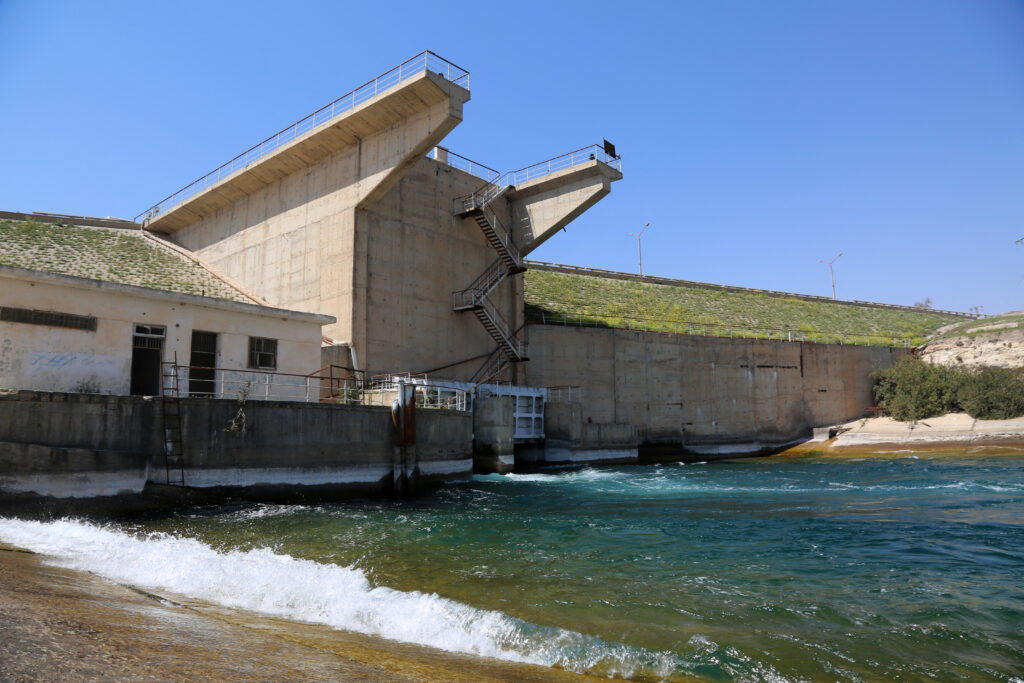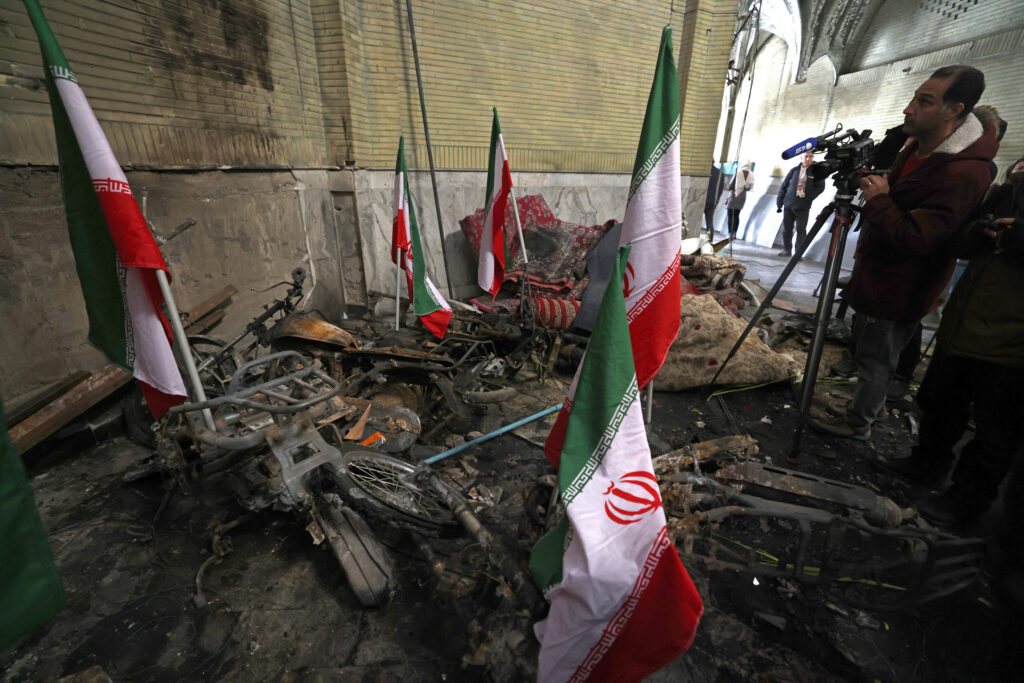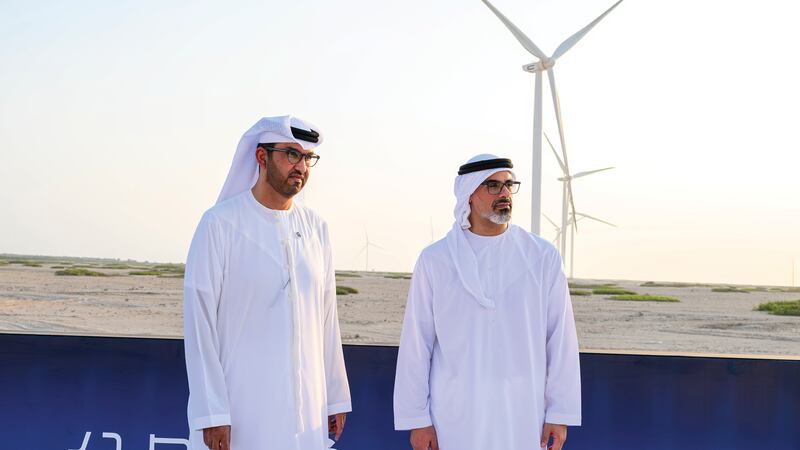
Series Introduction
Climate-induced Security Challenges
Climate change – e.g., rising temperatures, rising sea levels, more frequent and intense extreme weather events – not only aggravates existing vulnerabilities such as food and water insecurity but can also lead to heightened competition over diminishing natural resources, widespread displacement, increased societal tensions and conflict.
While science has been unequivocal about the physical impacts of climate change, scientific evidence to support its link to security risks is tenuous. Understanding climate-induced security challenges is crucial, particularly for countries most exposed to climate change impacts. By providing evidence-based perspectives to improve our understanding of climate-induced security risks, this Insight series aims to generate insights that support crafting strategies to mitigate such risks.
CLICK HERE FOR THE FULL INSIGHT
Climate change amplifies security challenges in the Middle East, exacerbating socio-economic and political tensions. As a “threat multiplier”, it worsens existing vulnerabilities, leading to resource scarcity, migration and conditions exploited by extremist groups like ISIS. Case studies, such as the Syrian civil war, highlight how environmental stressors intensify unrest, with extremist groups leveraging resource control to gain influence. Differentiating eco-terrorism from environmental terrorism, the latter poses a greater threat in the region, where extremists weaponise resources. Addressing these issues requires regional cooperation, climate-resilient governance and global support to mitigate climate-induced instability.
Image Caption: Syria’s Tabqa dam, which in 2017 was partially recaptured from ISIS by US-backed Syrian Democratic Forces. Photo: Delil Souleiman / AFP
About the Author
*Dr Kristian Alexander is a Senior Fellow and Lead Researcher at the Rabdan Security & Defense Institute (RSDI), Abu Dhabi, UAE.




